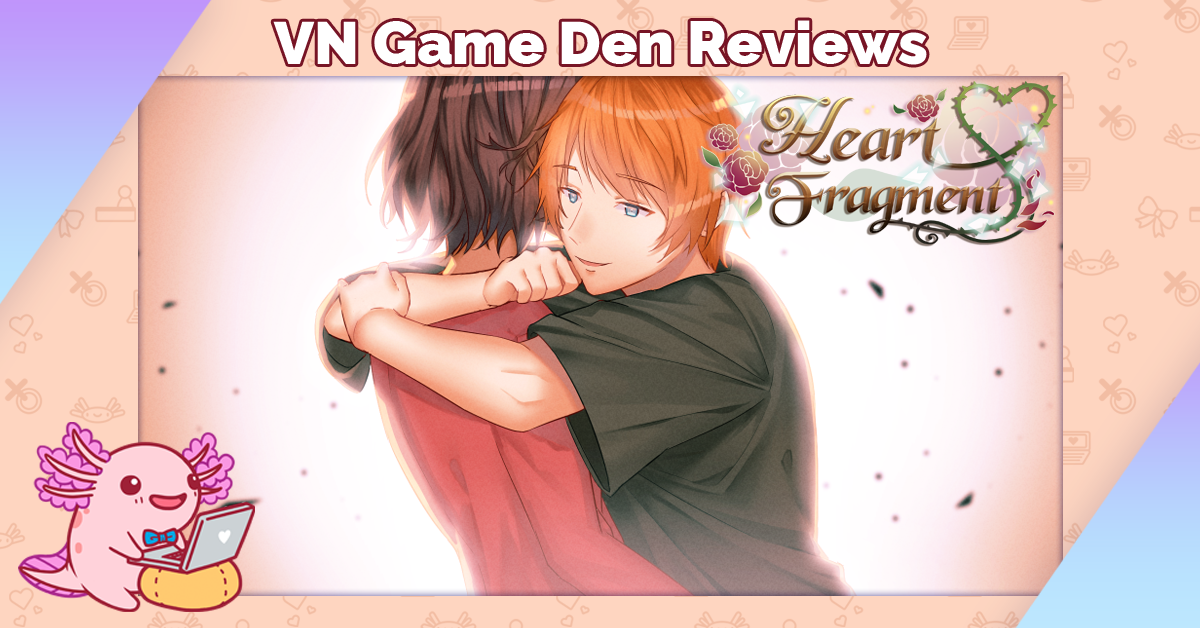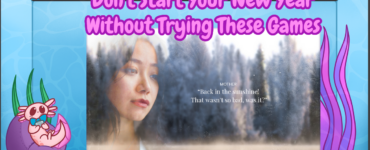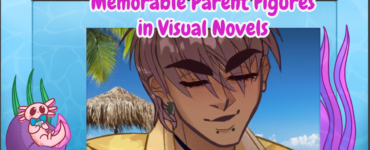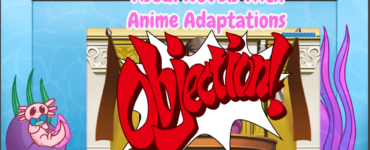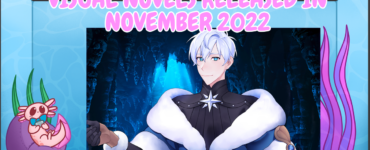Heart Fragment from Starfield Gaming is a mystery otome game about cynicism and finding your own path. After the death of her mother, Xani (or whatever you choose to name her) struggles living with a father that she feels abandoned by. Her anxiety and despair only increases when she finds out a troubling truth: she’s not entirely human. With her life on the line and a parade of strange people moving in and out of her life, will she come to understand what the nature of humanity is and, more importantly, find for herself an ending that doesn’t bring just more tragedy?
A review for Heart Fragment was requested through the VNGame Den review request form, but we did not receive a free review copy.
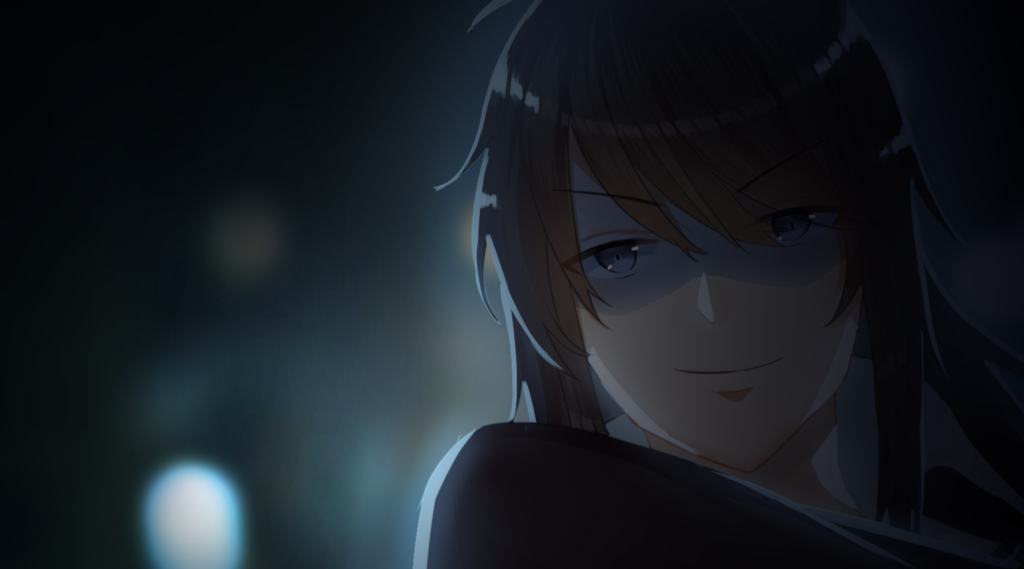
A Feast for the Eyes
The first thing that struck me as a player when I first pressed start (and got past the robust options screen) was how much movement there is as the game progresses. The beautifully rendered sprites slide and dash and move toward the viewer. The camera pans through the abundance of CGs, some with multiple frames, creating a sense of space, time, and blocking. There are a lot of expression changes, pose changes, and bounces in the sprites that makes them feel a little more alive. The squash and stretch motions are a bit cartoony for the tone of the overall game, but they make sense in the immediate context of the characters’ emotions.
The dream cutscenes make extremely good use of visual effects, animation, and color shifts to create a sense of tension and anxiety. Overall, it’s very eye-catching, and there’s always something new and interesting to look at.
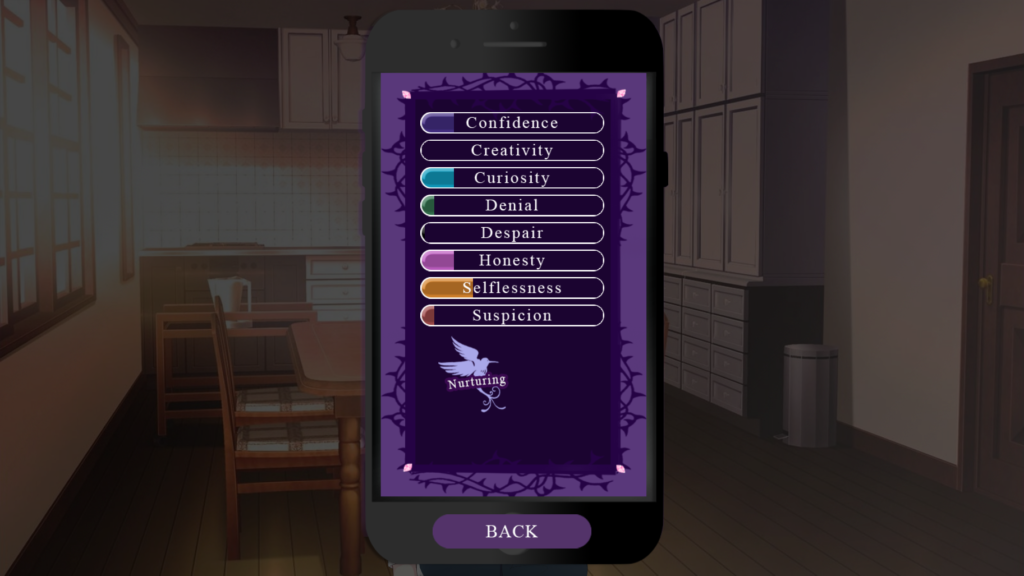
The Psyche System
While only explored in a limited capacity in the demo (by the necessity of content constraints), the use of a “psyche system” is an interesting additional element of interactivity. Every choice really does seem to slightly change the character’s personality even in the limited capacity of the demo. Having a visual cue for it is also fun to see the kind of character you’ve created and how she’s going to interact with the world she’s currently living in. By the end of the demo, you have a pretty solid idea of how your different personality traits will affect some parts of the game, but that will obviously become more apparent in the full version.
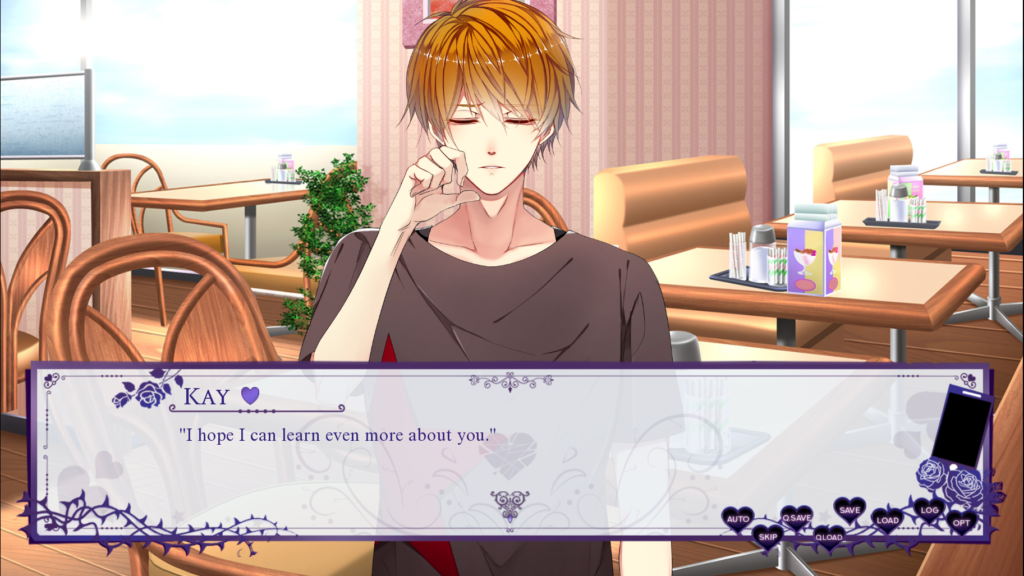
A Scattered Drudge to Read
With such a visually polished game and interesting personality system, it’s a bit of a shame that the story itself is gruelingly slow. As a reference point, the developer says the demo is 60 thousand words. That’s roughly six hours of playtime that I did in about four through generous use of skipping toward the end. It’s about an hour and a half into the game before you’re even really introduced to the central premise and the inciting incident for what I’m still not totally sure is meant to be the major conflict takes place. Once it touches that plot point, though, it doesn’t do anything with it except use it as a vehicle for one of several strange character introductions. There are a lot of really cool little nuggets of sci-fi and several great possible plot hooks, but they’re just skimmed over in favor of fighting with your dad and going to school and having nightmares that only just start going somewhere at the end of the demo. Conversational topics are regularly retread, interactions are ground down to the point of annoyance, and it takes six hours of gameplay to actually meet everyone that’s going to be important.
The plot moves in fits and starts. When you’re finally rewarded with actual conflict or some kind of new development, the story just moves on from it and it feels like it never actually happened.
The game also doesn’t know what it wants to be. It’s set fifteen years in the future, yet you wouldn’t know that looking at it. There’s no mention of future tech or anything in the environmental storytelling that makes that difference in time seem like it really matters at all. It’s full of these tonal whiplashes that try to break up the monotony but just make you feel a bit confused because it doesn’t feel like one coherent game, rather several ideas smashed together. Without revealing spoilers, there’s a tiny-promise of sci-fi, a sudden hard shift into fantasy at the end, little flashes of psychological horror, and it’s all framed up in something that generally reads more slice-of-life than any of those things.
At the very end of the demo (which, as a reminder, would be almost six hours into the game, at this point) it introduces both a completely new mechanic and a new narrative concept, both out of left field. There are a number of scenes that could be cut or combined and ideas and characters that could be better integrated into each other.
It’s important for a game to maintain interest for the reader, but this one’s alternatively all over the place while simultaneously being frustratingly sluggish. For something that labels itself as a psychological thriller, I found myself, in the end, skipping through huge portions of text just to get to the point and not missing any story along the way.
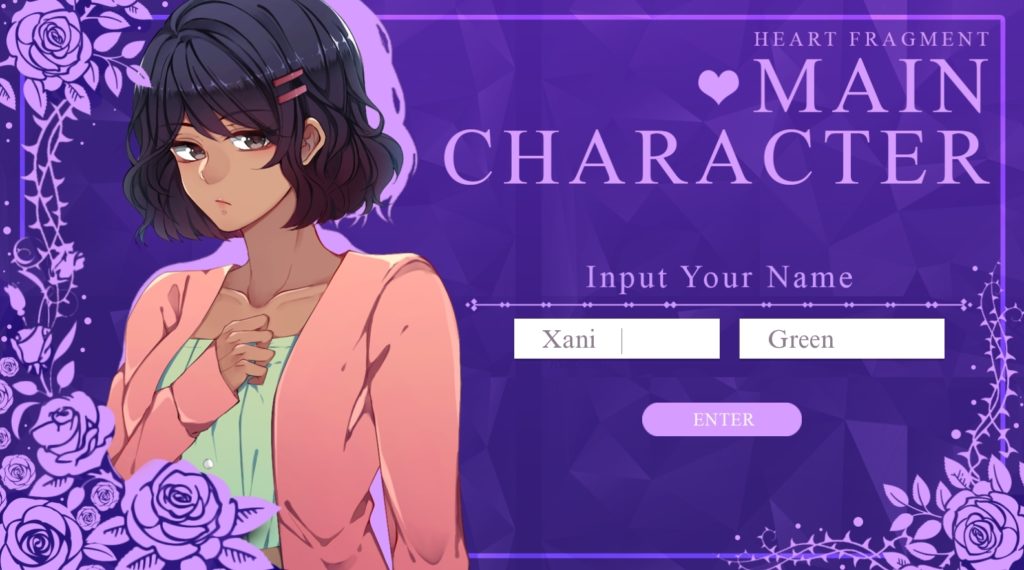
A Customizable Gaming Experience
What this game does make a fairly good show of, though, is allowing the player to tailor both the experience of playing and the narrative to their personal tastes. It gives you a lot of options for adjusting how you can interact with the game and claims to offer a huge amount of variability in the nature of the relationships you develop. If it can properly balance all those vectors for the player, it fosters the potential for a lot of replayability and individuality between players and playthroughs.
Ultimately, Heart Fragment is a game that’s so far failing to live up the potential it’s setting for itself. In an effort to do something huge and complex, it loses focus in the places where it desperately needs it. So while it looks great and it plays great and there’s a lot of really good stuff there, it would take considerable tightening up to be an enjoyable read every step of the way instead of something you just have to “get through” to maybe, finally, get to the good part.
The demo for Heart Fragment is currently available on itch.io and Steam.
As of November 2nd, 2021 Heart Fragment is on Kickstarter!

